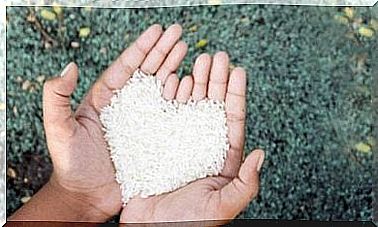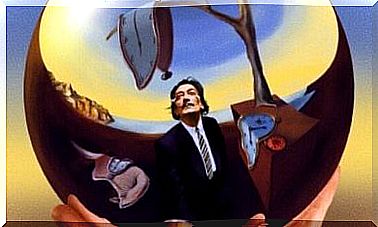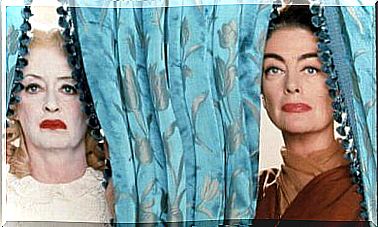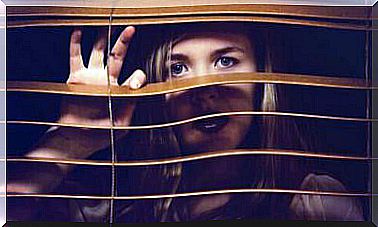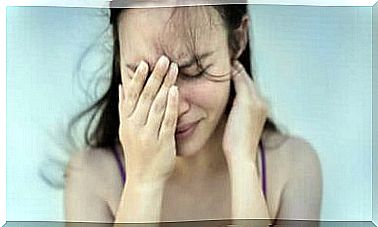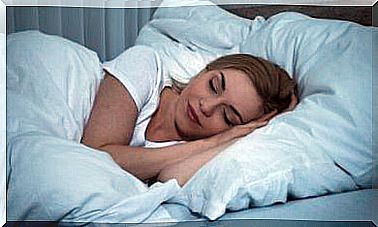Why Do We Eat When We Are Not Hungry?
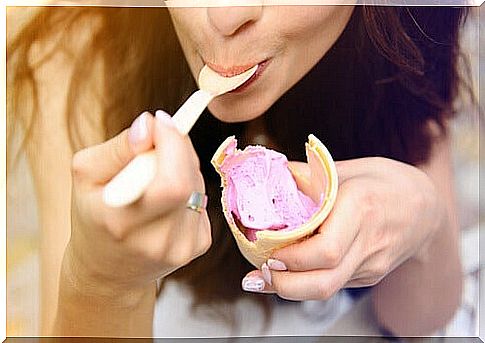
Undoubtedly, you have experienced moments when you devoured the first thing you could get your hands on. This may happen at home or even on the street when you walk past a store. You see something you want to eat, and the temptation to buy that cake, the bag of chips or the ice cream just overwhelms you.
But when this happens, are you really hungry?
To explain this feeling, we must start with the standard definition of hunger:
When we think of the moments when we were overwhelmed by the longing for food, we may realize that we were not actually hungry. You may have recently eaten a meal, but still felt you wanted more.
During these moments, you did not necessarily notice the physical condition of your stomach or digestion, or in more severe cases, the possibility of low blood sugar, which can cause fatigue and dizziness.
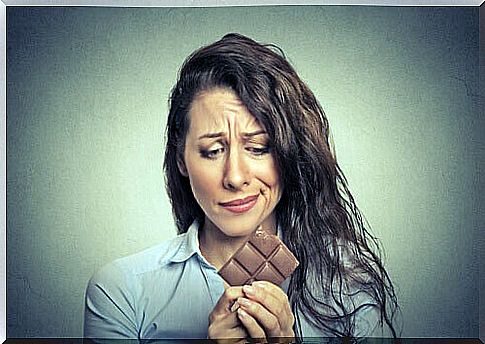
What is important in these situations is to realize the difference between the desire to eat because we are hungry and the desire to eat even though we are not physically hungry. This distinction will mark the difference, and realizing it will help us control cravings.
With this in mind, you should try to keep track of how many times you eat without having any real appetite. Why are you doing this? These decisions and actions can be strongly influenced by our moods, emotions and different situations we are in during the day.
These stressful situations can manifest themselves physically in the form of behaviors such as smoking, eating or alcohol consumption.
Furthermore , our judgment can deteriorate in these situations, and to some extent we may lose control. In these moments, it is common to unknowingly turn to unhealthy foods (fats, salty fast foods and sweets).
When we are stressed, we can also eat at inappropriate times, eat a lot between meals or consume large amounts at night. When we do this , it is easy to lose track of how much we eat. It is important to always try to keep track of portions and quantity.
This excessive snacking of unhealthy foods can generate even more stress and anxiety. It can even make us feel remorse and / or frustration over our actions or what we have eaten.
It is very common for people not to be able to sleep because of anxiety about something. And when they can not sleep, they can get up and eat or drink something in the middle of the night.
Sometimes we eat because we try to “silence” our nerves, as if they are cooing in our stomachs.
It is necessary to identify the situation we experience that causes stress or that differs from our usual routine. We need to do this to know why we have this appetite for food.
Worrying about how things will turn out or whether we will be able to achieve something in connection with change in our lives, can create large amounts of stress. It can cause us to lose sleep, not sleep well or become completely preoccupied with thinking about the potential consequences that change can bring. This accumulation of stress can significantly affect us when it comes to what and how we eat.
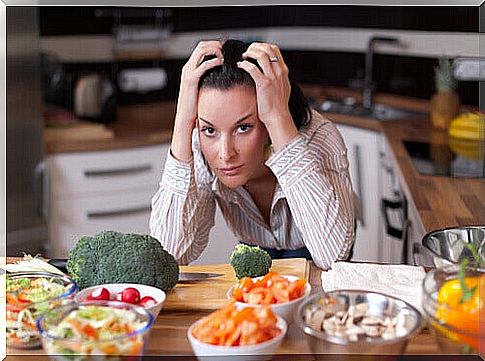
The advertising world knows very well how to evoke different emotions or drives, and takes advantage of these human weaknesses to sell more products. Companies make us hum in the jingle, have knowledge of their characteristics and recognize their brands.
With this in mind , when we see an ad for a particular food or drink, we can see that we are tempted to consume the product in question, regardless of the time of day or the situation we are in. How often have you seen an ad for a drink and immediately felt compelled to buy it?
Count how many hours you spend without eating. If it is less than three hours, try not to eat anything more. If it has been less than three hours since you last ate something, it is likely that you do not really feel real hunger yet.
Sit back, take a deep breath and identify your emotional state. Are you nervous? Have you been stressed during the day? If you notice that the answer is yes, then you are probably not hungry, but rather feel the need to somehow distract yourself or alleviate your emotional upset.
Almost every time you watch TV and you see some kind of food or drink, either in a series, movie or commercial, and your immediate reaction is to get something to eat or drink, take a glass of water instead. Try and see if it helps you resist eating or drinking something less healthy.
Regardless of the reason why you eat without actually being hungry, it is generally most important to realize and accept it, so that you can identify the cause of the impulse. Only in that way can the real source of stress be confronted and resolved.
